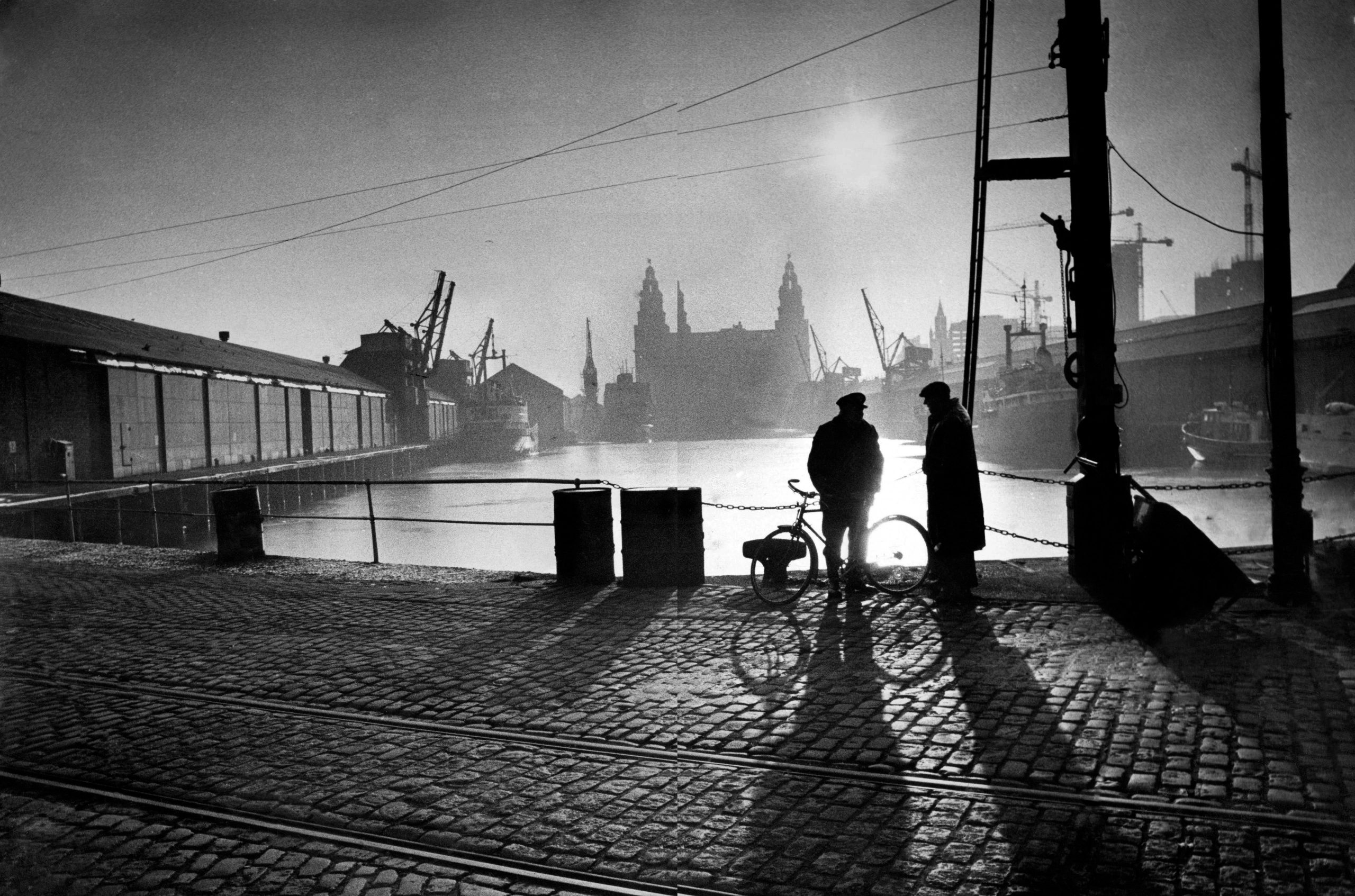
In 1979, serious economic decline in Liverpool saw the docks and factories that employed thousands closing, causing widespread unemployment and poverty across the city. In his 1976 play Our Day Out, Russell uses the phrase ‘factory fodder’ to describe a generation of young people who were being poorly educated in order to, as he saw it, provide the workforce for factories and docks that were soon doomed to close.
Yet Liverpool was also a city with a strong sense of identity and a vibrant artistic heritage, being the home of the Beatles (Russell would miss school to attend their lunchtime sessions at the Cavern Club), the ‘Mersey Poets’ and the Royal Liverpool Philharmonic Orchestra. For some critics, 1970s Liverpool is more than just the setting of the play: and, as American critic Mark Favermann suggests, it is ‘the most important off-stage character and Rita’s biggest obstacle’ (from review of 2011 production at Huntingdon Theatre, Massachusetts).
Your organisation does not have access to this article.
Sign up today to give your students the edge they need to achieve their best grades with subject expertise
Subscribe




